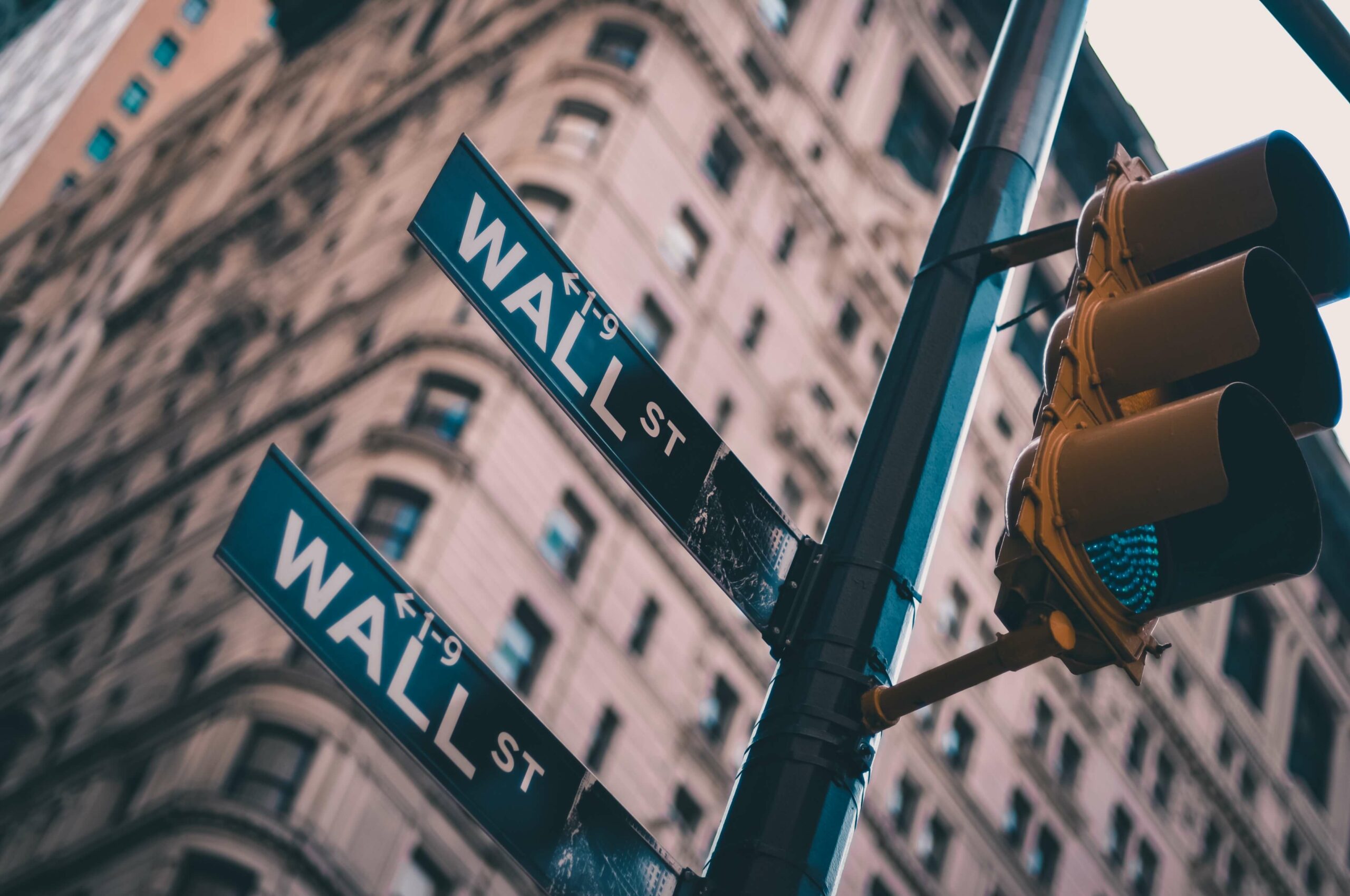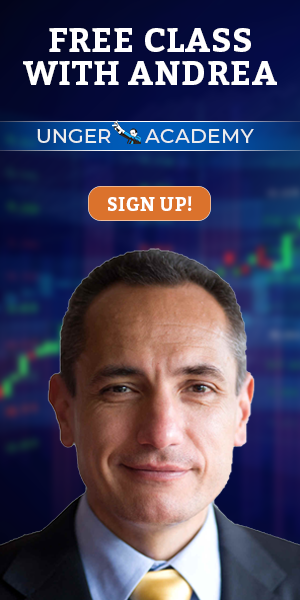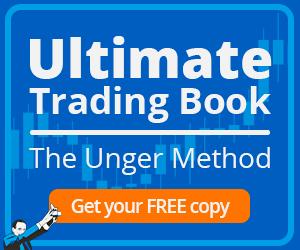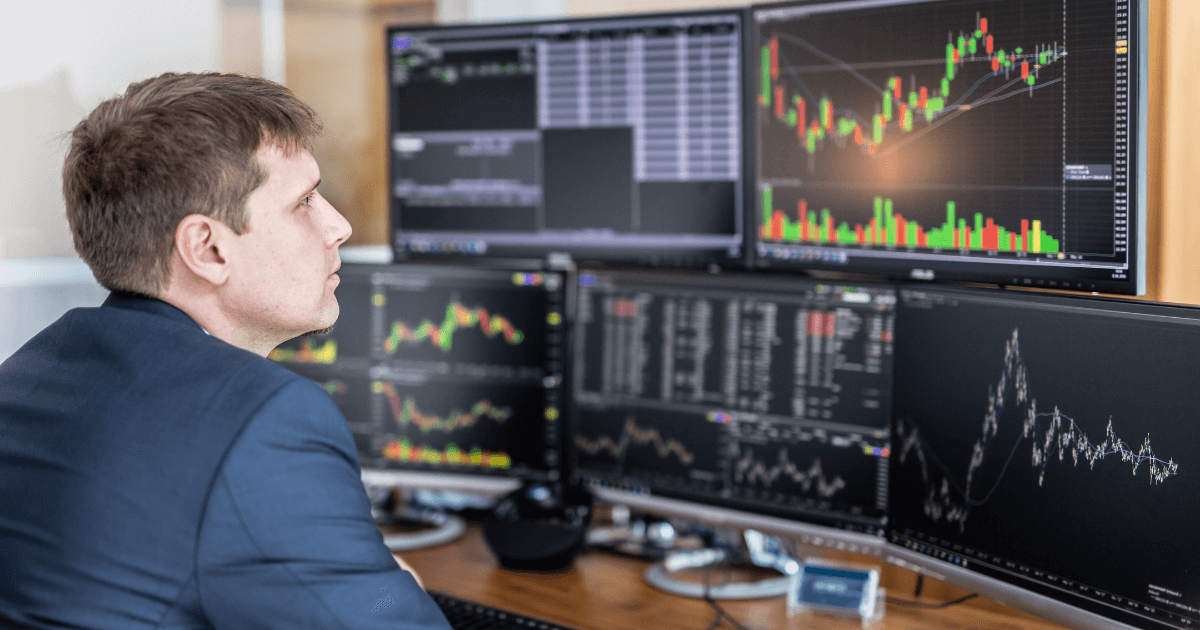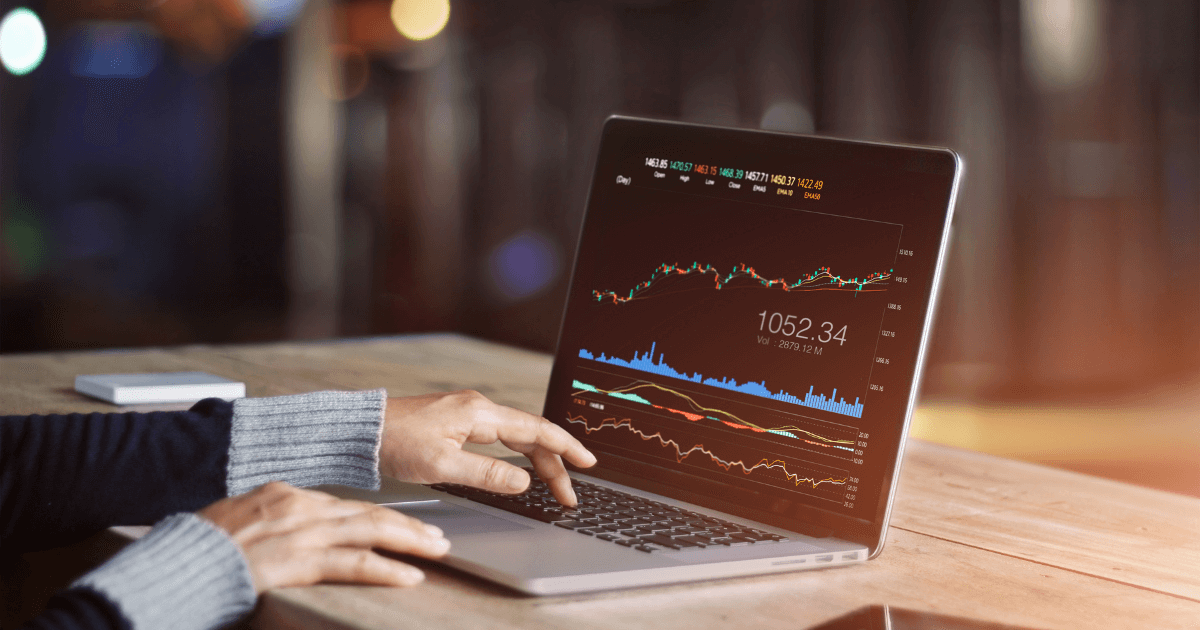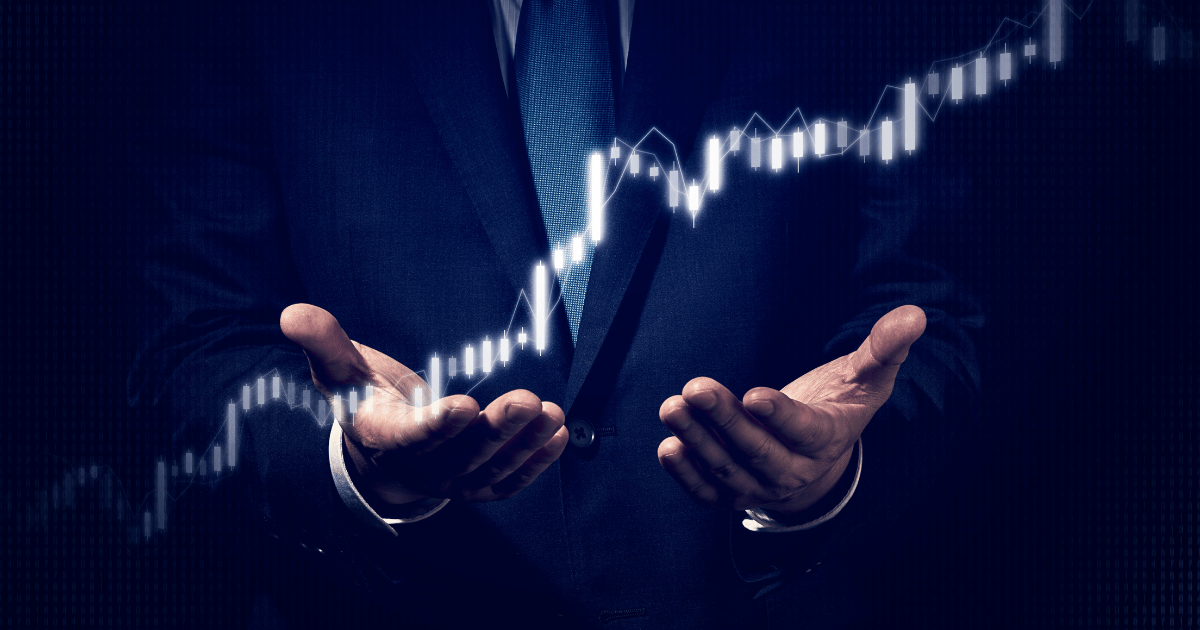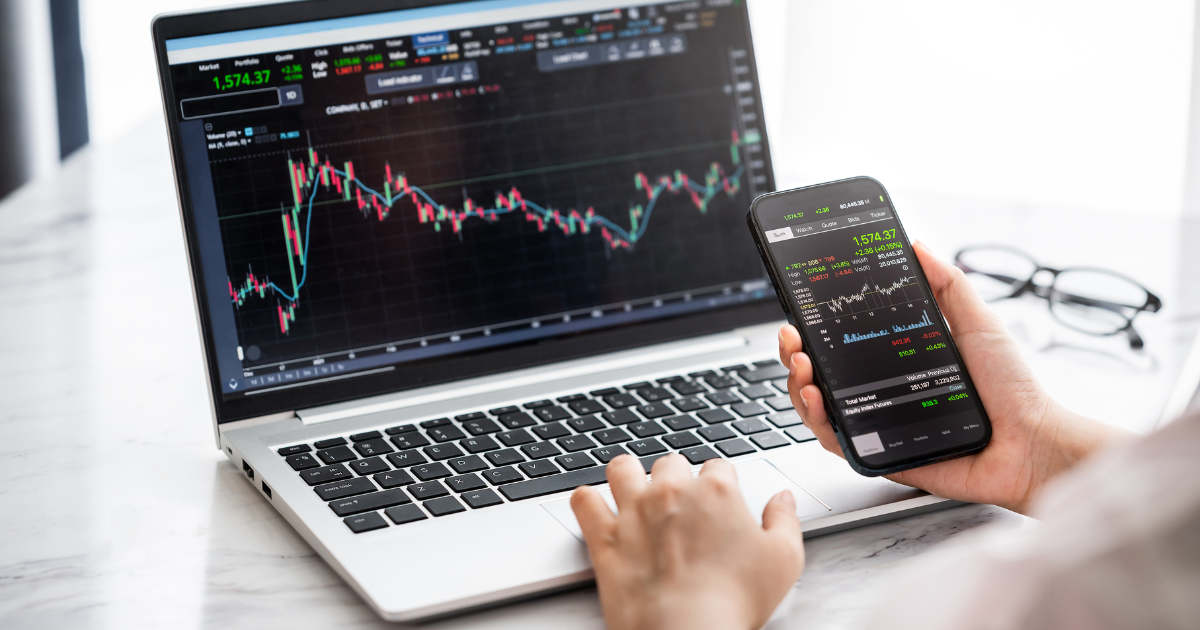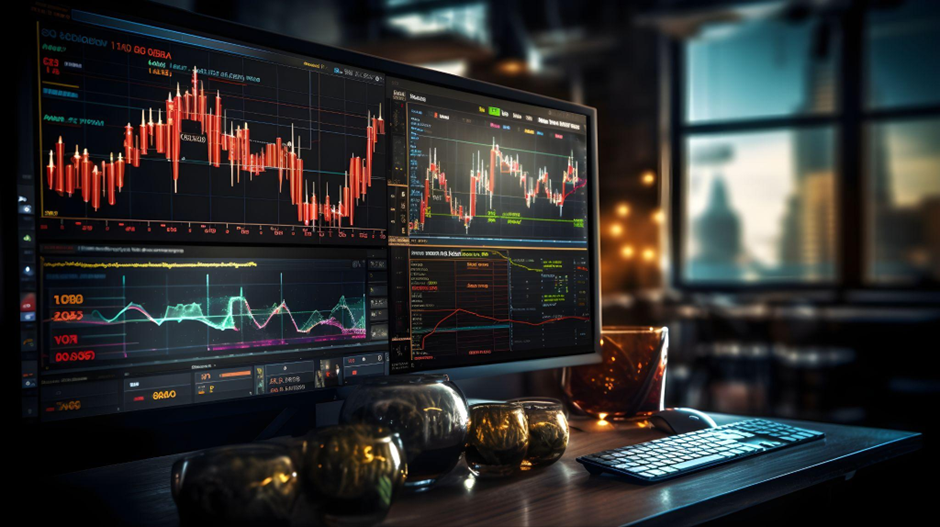Novice traders are often bewildered by the myriad of markets available for trading. Futures, stocks, forex, crypto, CFDs, ETFs, and the list goes on. It can be difficult to know where to start, let alone know the best markets to trade.
The purpose of this article is to provide you with some useful guidelines to help you decide which markets to target based on your current trading needs.
Some Parameters for Choosing the Best Market
One thing you may notice early on in your trading venture is that many traders are, in this respect, real purists. Indeed, some trade exclusively with futures and ignore everything else, or there are those who bet everything on U.S. equities, or even those who scoff at anything but Forex or cryptocurrencies.
If one market really was superior, we would certainly tell our readers. Each market has its pros and cons, and it’s mainly the specific needs and conditions of each trader that determine on which markets it makes sense to trade.
Some parameters you should take into account are, for example, your level of capitalization and the degree of scalability offered by the market, the level of regulation, the type of coverage guaranteed by your broker, and the relevant datafeed provider.
Obviously, you should always be thoroughly informed before investing your money.
In this video, Andrea Unger offers some useful tips on how to identify the best market. Andrea also explains which markets are best suited for systematic trading, and how these markets have changed over time.
The Best Markets to Trade with Little Money
If you’ve recently approached the trading world, perhaps you’re not yet willing to invest very large sums. Perhaps you would like to find your footing with smaller amounts of capital. If so, read on, because we’ll show you which markets are best suited to your situation.
In the context of systematic trading, we’ll talk about little capital (or small account) when you have $5,000 – $15,000 at your disposal.
In general, our advice is to maintain a moderate risk profile, which means that you shouldn’t invest more than 2% of your total capital on a single trade. However, such a low starting capital means that the amount of each trade will be very small, so much so that it may not even make sense in some markets. Below you’ll find a list of markets where this is possible.
The first market worth mentioning is Forex. Forex allows you to trade with low capital because of the strong downward scalability and the possibility of using leverage.
Of course, should you decide to use leverage, which on Forex is available at a ratio of up to 1:30 (for every euro invested you can borrow 30) always keep in mind that this is a dangerous tool that should never be used superficially.
Then there are CFDs (contracts for differences), which allow scalability down to very small amounts. As a result, you can practically always find ways to trade even without having large amounts of capital.
In this case, bear in mind that this market that isn’t yet fully regulated and there’s a possibility of incurring hidden costs such as spreads and commissions.
We’ll also mention cryptocurrencies, which are suitable for both the traditional buy and hold strategy, and for trading. This market also offers other profit opportunities such as Staking or the possibility of successfully applying some complex structures such as Cash and Carry.
The crypto market is very diverse and constantly evolving, so we advise you to read up on it thoroughly before you start investing.
In addition, although the most attractive approach for many is to buy an altcoin and wait for it to “go big” as Bitcoin and Ethereum have done in the past, it’s good to remember that this is more of a speculation or bet than a real investment.
Finally, some futures allow good downward scalabilities, such as Live Cattle, or mini and micro contracts such as Mini DAX, Mini Crude Oil, and Micro Gold.
For more details on how to invest with little capital, read this article: Can You Trade with Little Capital?
If You Want to Trade in These Markets, Pay Attention to These Points
1) Don’t be fooled into thinking you can a fortune, immediately and easily with little capital
If your starting capital is low, then the trades you’ll make will be fewer. Therefore, any gains will be smaller.
So don’t be fooled by those who promise you stratospheric gains. Earlier we talked about markets like Forex and cryptocurrencies, and in these markets, there will always be those who will try to convince you to invest everything you have with promises of miraculous gains.
There will be those who advise you to use sky-high leverage in Forex or to invest everything in an unknown cryptocurrency that is supposed to skyrocket in a matter of months. As attractive as these promises may sound, always remember that big, easy, quick gains are extremely unlikely and unpredictable in trading.
For every person who made millions betting it all on Bitcoin 10 years ago, there are ten more who lost it all by investing in cryptocurrencies that have since dropped to zero.
2) The disadvantages of CFDs and Mini/Micro markets
The aforementioned CFDs are “artificial” markets in the sense that they allow you to profit from the price movements of an underlying asset without directly owning these underlying assets.
The disadvantage is that with CFDs you pay spreads for both entries and exits, which makes it very difficult to profit from small trades.
CFDs have some advantages over the more regulated markets, but keep in mind that some of your profits will be eaten up by spread costs.
With Mini and Micro contracts, you have to keep in mind that these are often illiquid markets. This sometimes makes it complicated to find a counterparty immediately if you want to close a position, resulting in very penalizing slippage costs.
Conclusion
As mentioned earlier, unfortunately, there is no such thing as a perfect market. In this article, we’ve focused specifically on those markets suitable for those who don’t have much capital at their disposal.
If, on the other hand, you’re interested in what markets are worthwhile for those with more than €15,000 at their disposal, then watch this video in which Andrea Unger talks about his favorite markets – from DAX to Crude Oil to Nasdaq.

